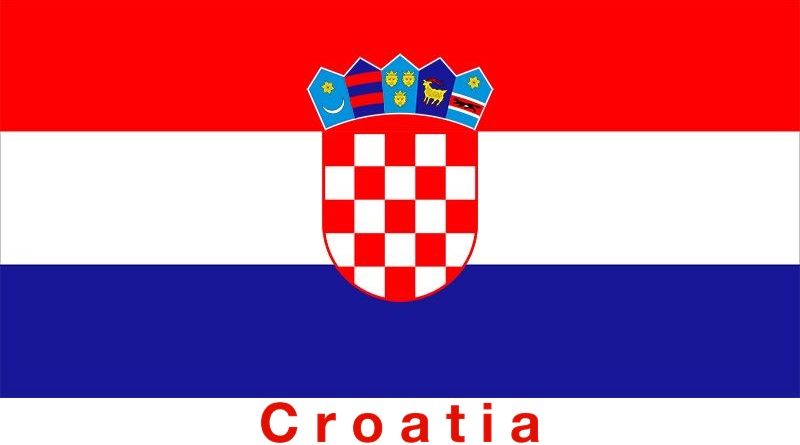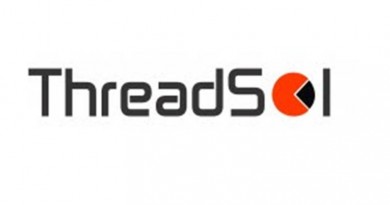Croatia joins Schengen passport-free zone and adopts the Euro currency
After joining the European Union (EU) about ten years ago, Croatia has reached two significant milestones: the adoption of the Euro and admission to the passport-free zone of Europe.
The Balkan country said goodbye to its Kuna currency at midnight on Sunday and joined the eurozone as its 20th member. It is now the 27th country to join the Schengen area, the largest passport-free travel region in the world that allows for the unrestricted movement of more over 400 million people between its members.
Croatia, a 3.9 million republic of former Yugoslav that waged an independence war in the 1990s, joined the EU in 2013. According to experts, the adoption of the euro will protect Croatia’s economy at a time when global inflation is on the rise as a result of Russia’s invasion of Ukraine, which drove up the cost of food and fuel.
However, opinions vary among Croatians. Some people worry that the changeover to the euro will increase the cost of living because firms round prices when they convert them, even while they applaud the abolition of border controls.
Analysts emphasize that countries in the east of the EU, like Poland and Hungary, that use currencies that are not part of the eurozone have been considerably more sensitive to rising inflation. Croatia’s important tourism sector, which generates 20% of its gross domestic product, is anticipated to benefit from its membership into the Schengen borderless area (GDP). On its eastern border with its neighbors Bosnia and Herzegovina, Montenegro, and Serbia, which are not members of the EU, Croatia will continue to enforce severe border checks.




